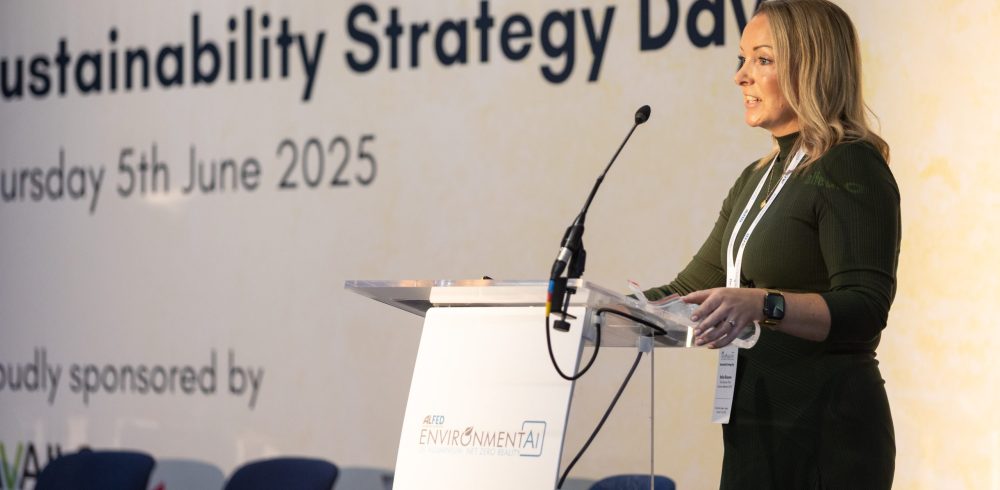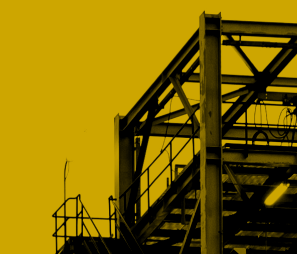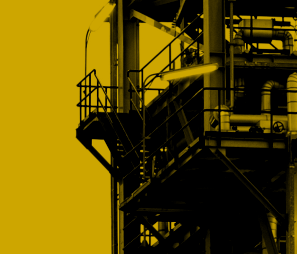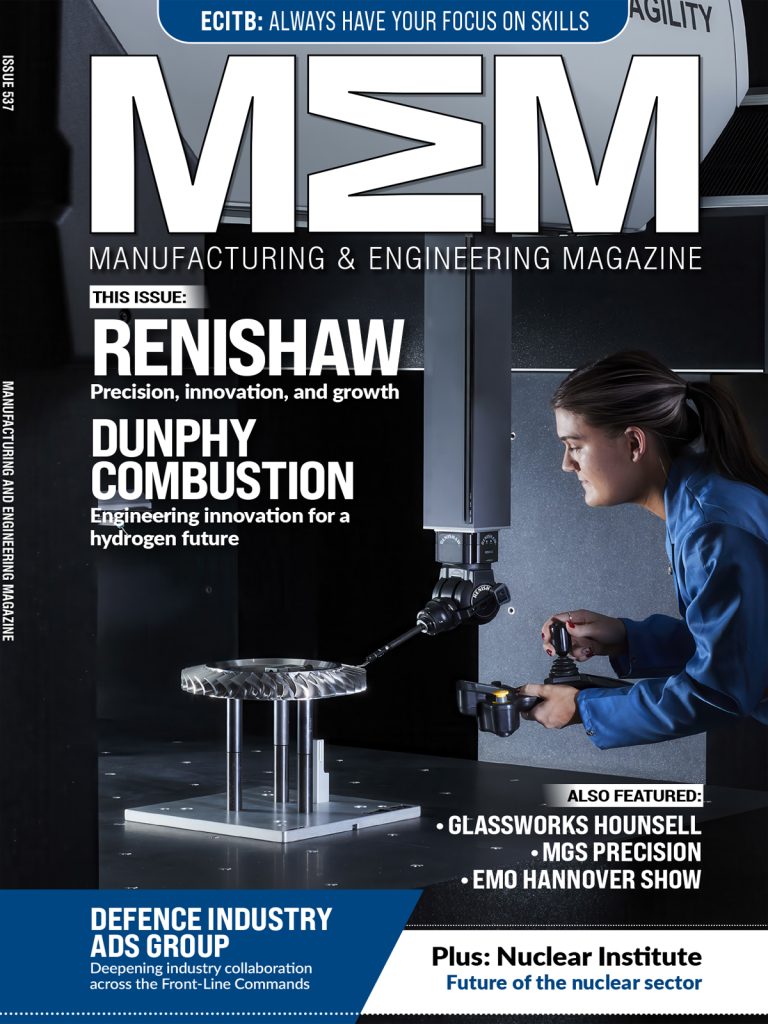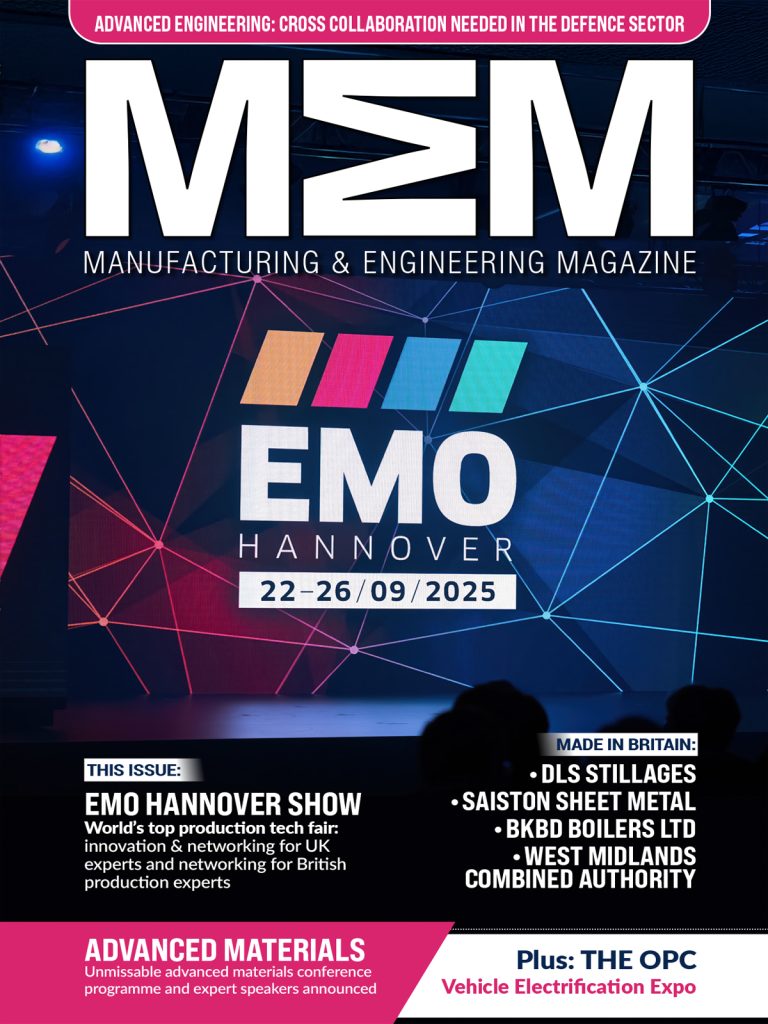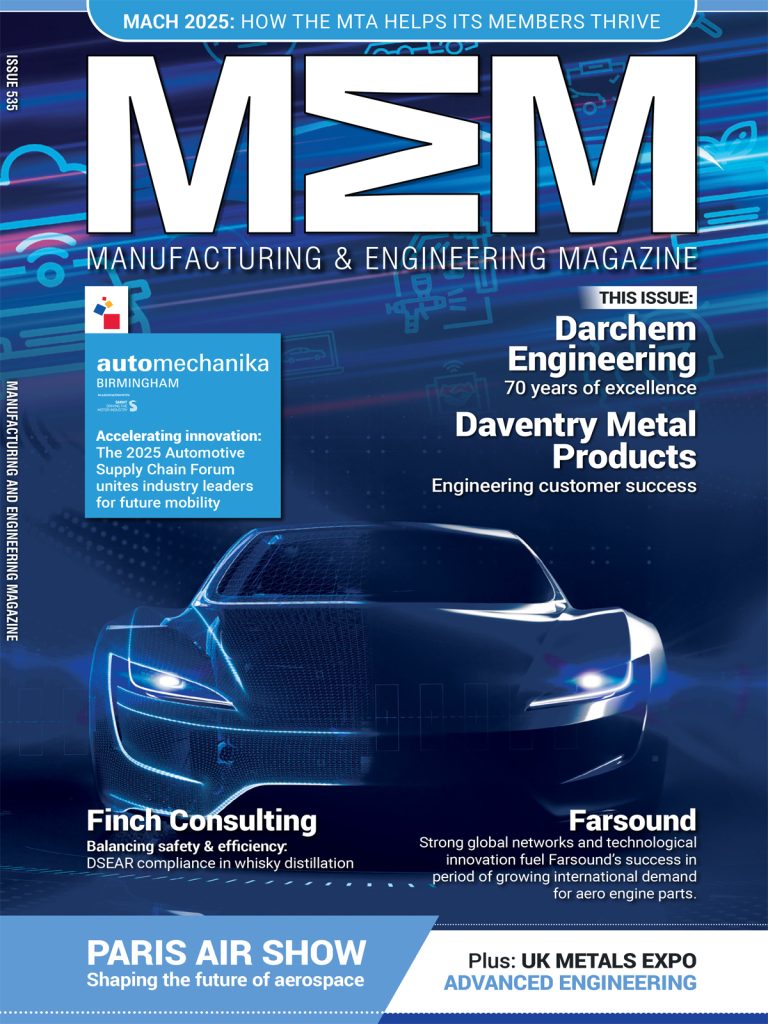On Thursday 5th June, over 100 delegates from across the aluminium supply chain gathered at the British Motor Museum for ALFED’s 2025 Sustainability Strategy Day – a landmark event designed to shape the next chapter of sustainability, resilience, and industrial growth for our sector.
From producers and recyclers to policymakers and OEMs, the room brought together a uniquely diverse cross-section of stakeholders. We were especially pleased to welcome major end-users including Airbus, JLR, Novelis, and others – a testament to the growing recognition of aluminium as a strategic material underpinning everything from mobility and defence to energy transition and circularity.
The day began with a welcome address from ALFED CEO Nadine Bloxsome, who set the tone by reinforcing the UK aluminium industry’s pivotal role in national net zero and industrial strategy – and the urgent need to embed aluminium within upcoming Government policy frameworks. Nadine also outlined the mission and emerging structure of the UK Aluminium Alliance, describing it as “a platform to move from fragmented representation to focused, credible, and collaborative action.”
The morning session featured a keynote from Dr Mark Jones (CONETZ), who introduced the Alliance’s foundational blueprint – emphasising the need for strategic coordination across energy, data, skills, and trade. His call to action was echoed by Jon Bolton, Co-Chair of the UK Steel Council, who shared valuable insight into how coordinated messaging and policy alignment had strengthened the steel sector’s voice in Whitehall. He urged the aluminium sector to adopt a similarly united front.
The first panel of the day, Circular Aluminium – Onshoring the Opportunity, delved into the realities of scrap leakage and the barriers to building a closed-loop UK system. Contributors from Hydro Wrexham, Alupro, Countrywide Metals, and EMR offered frank assessments of why high-grade aerospace and engineering scrap is still being exported – and what’s needed to retain, sort, and reuse more material domestically. The panel called for targeted investment in regional reprocessing infrastructure, alongside reforms to procurement standards and alloy specifications that would enable greater recycled content in high performance applications.
After lunch, the second panel, Critical Supply, Trade and the UK Industrial Strategy, tackled the policy landscape head-on. Chaired by Chris Bayliss from the Aluminium Stewardship Initiative, the session examined the implications of CBAM, UK-EU trade divergence, and industrial tariffs. Speakers including Alex Williams (Novelis), Alex Christopher (CRU), and Zach Crossland (Leyton), raised concerns around policy misalignment and the lack of clarity on embedded carbon accounting – especially for pre- and post-consumer scrap. There was strong consensus that aluminium must be better represented in UK trade, defence, and critical materials planning.
This was followed by two technology showcases that offered a forward-looking perspective on innovation. ALTEK demonstrated how dross and salt slag are being transformed into high-value products, while Luffy AI shared its digital twin furnace model, showing how AI led simulations can cut carbon, reduce fuel use, and support decarbonisation targets. These were complemented by a practical spotlight from Mypower, focusing on how solar installations are being deployed to reduce energy costs and improve resilience.
The premiere of ALFED’s new film – “Aluminium: The Element of Choice” – was a standout moment. Featuring voices from across the supply chain, the film brought the sustainability narrative to life and underscored aluminium’s foundational role in the UK’s low-carbon transition. The film will now be rolled out as part of ALFED’s wider engagement campaign.
The day concluded with a final session on Alliance Strategy, Skills, and Next Steps, chaired by Dr Mark Jones and featuring input from senior industry voices including Adam Hunter (Bridgnorth Aluminium), Chris Meredith (Amari Metals,) Amy Bird (Countrywide Metals), and Charles Keen (BACALL). This discussion explored how the UK Aluminium Alliance could be structured to reflect the diversity of the sector, while maintaining a unified voice. It highlighted key needs such as better energy pricing frameworks, improved visibility of national scrap flows, stronger skills pathways, and data-informed investment planning.
Next Steps for the UK Aluminium Alliance
As the Industrial Strategy is delayed once again, the aluminium sector cannot afford to wait. The clear message from this event was that energy pricing remains the single biggest barrier to competitiveness and investment – particularly for downstream processors and recyclers.
Over the coming weeks, ALFED will begin work to:
• Identify and prioritise areas for energy pricing reform, aligned with work already under way across the steel sector
• Map out opportunities for collaboration with OEMs and processors on securing access to low-carbon energy at competitive rates
• Gather member input on current investment constraints, with a view to building a strong, data-backed policy message for Government
• Coordinate with other foundation industries and Make UK to ensure aluminium is represented in upcoming cross-sector proposals and consultations
We want to thank everyone who contributed to such a constructive and inspiring day. Your insights, questions, and commitment are what make this work possible – and we look forward to continuing the journey together. For more information or to get involved in the UK Aluminium Alliance, please contact: nbloxsome@alfed.org.uk
Manufacturing & Engineering Magazine | The Home of Manufacturing Industry News




